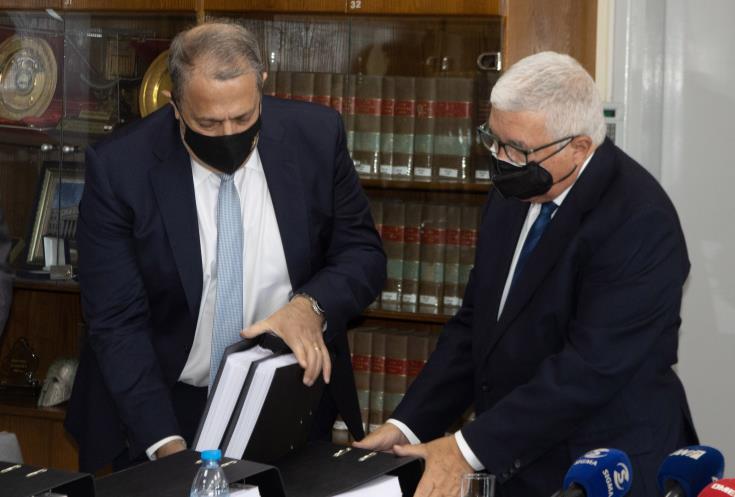Cyprus’ tarnished passports for cash scheme operated for 13 years with minimal oversight as the government broke the rules in granting citizenship to investors, an inquiry ruled.
An inquiry into the scheme was completed on Monday with the head of the probe, former supreme court judge Myron Nikolatos, saying there was “criminal and political” responsibility.
A committee of inquiry set up last September investigated the issuing of so-called ‘golden passports’ between 2007 and August 2020, before the scheme was scrapped in November.
“It is obvious the Cyprus Investment Programme operating between 2007 and 2020 with gaps and deficiencies, an inadequate legislative framework and almost no regulatory framework,” Nikolatos told reporters Monday.
A damning report said that over half (53%) of the 6,779 passports granted were done so illegally, encouraged by a due diligence vacuum or insufficient background checks.
The controversial passport-for-investment scheme was abolished last year over corruption allegations.
The cabinet had the final say on approving each passport application by a wealthy investor.
Later Monday, Cypriot government spokesperson Kyriacos Koushous said the administration was determined to “punish” those responsible.
He said completion of the report “closes, or should close, a prolonged cycle of political tension and toxic climate, which primarily targeted the President and his government”.
Last November, the Mediterranean island dropped the passport scheme after Al Jazeera aired a documentary showing reporters posing as fixers for a Chinese businessman seeking a Cypriot passport despite having a criminal record.
Parliament speaker Demetris Syllouris and an opposition MP were secretly filmed allegedly trying to facilitate a passport for the fugitive investor.
They later resigned, although both insisted they were innocent of any wrongdoing.
Al Jazeera reported that dozens of those who applied were under criminal investigation, international sanctions or even serving prison sentences.
Nicosia had long faced pressure from Brussels to reform the scheme over concerns it may have helped organised crime gangs infiltrate the European Union.
Cyprus had argued it had attracted necessary investment following the island’s 2013 economic meltdown.
Nicosia issued thousands of passports under the scheme, allowing investors to acquire one in exchange for an investment of €2.5 mln, netting over seven billion euros for state coffers over the years.
Money laundering allegations also dogged the programme.
The hefty report said authorities rubber-stamped citizenship requests without following due process or proper scrutiny.
Much to the chagrin of Brussels, the scheme attracted wealthy foreign investors because a passport from EU member Cyprus allowed free travel and residence within the 27-member bloc.










